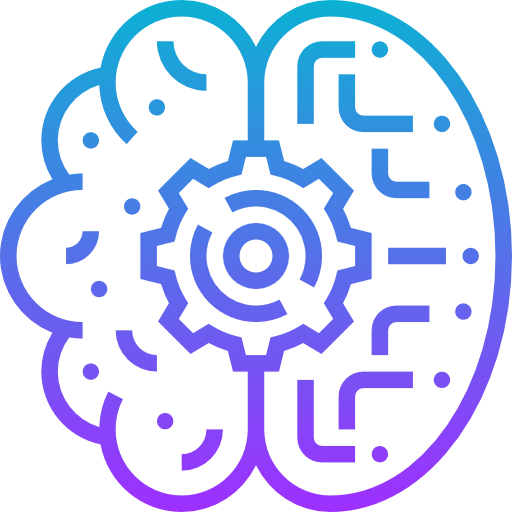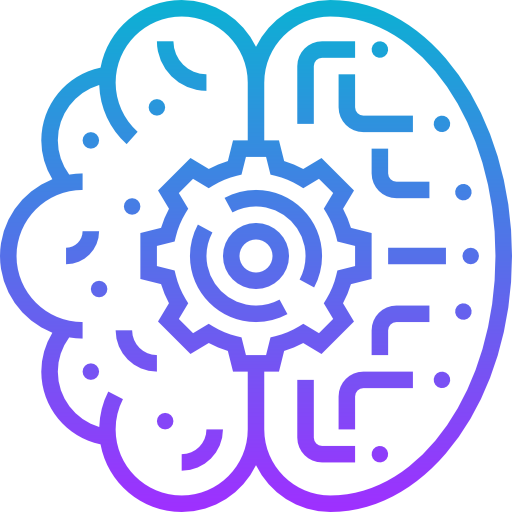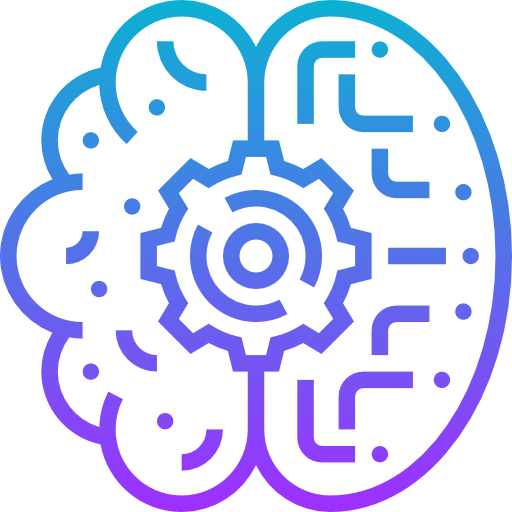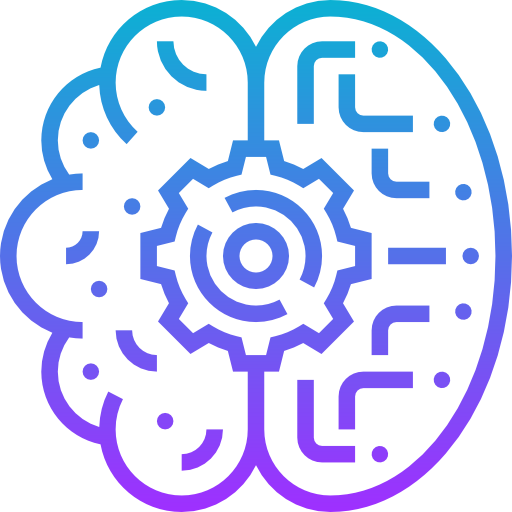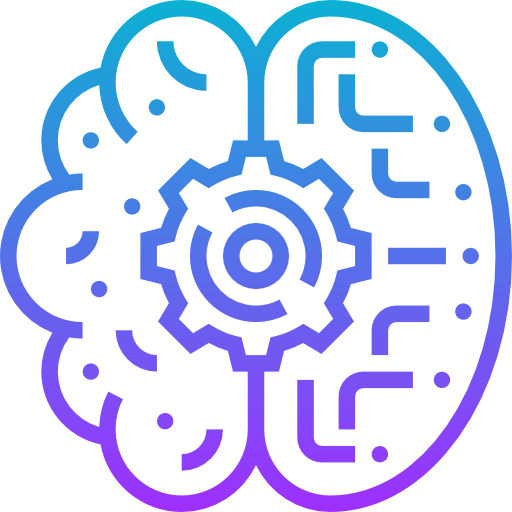AI Isn’t Ready to Fire Your Developers (Yet); Lessons from a Friend’s Mistake
Think firing developers and relying on AI will save you money? Think again. Learn from my friend’s costly mistake and discover why experienced developers are still essential in the age of generative AI.
Table of Content
Let me tell you a story about my friend—let’s call him Alp. He owns this little agency that does web development, social media marketing, and all sorts of tiny but cool projects. One day, he came up to me all excited, saying something like, “We don’t need developers anymore! With AI, we can do everything!”
At first, I thought he was joking. But nope, he was dead serious. His plan? Hire one junior developer (or even a fresh-out-of-college kid) [Many do that already] and pay for some monthly subscriptions to OpenAI, Claude, Curser, and other similar tools. Voilà! Problem solved, right? Wrong.
Fast forward a few months later, and guess what happened? Disaster. Total chaos. His solo developer couldn’t handle the workload, failed miserably at implementing dozens of ideas and features into client apps, wasted tons of resources, and left clients utterly unsatisfied. And now, here comes Alp asking me for help to clean up the mess. Oh, irony!
So, while fixing things, I couldn’t resist reminding him of his earlier boastful attitude. “Remember when you said we don’t need developers anymore?” I asked. He just sighed and muttered something about being wrong. Let’s dive deeper into why this whole idea backfired so badly.

AI Needs Experience Too
Here’s the thing: AI isn’t magic. It doesn’t just spit out perfect code or solutions without guidance. For starters, using AI effectively requires two things:
- A highly skilled developer who knows their craft inside and out.
- Someone who’s also an advanced user of AI—someone who understands prompt engineering and how to get the most out of these tools.
Without both, you’re setting yourself up for failure. Take package suggestions, for example. An AI might recommend a particular library or framework because it seems logical based on its training data. But does it really fit your project’s unique needs? Probably not unless someone with years of hands-on experience weighs in.
Experienced developers don’t rely solely on recommendations; they experiment, compare, and choose the best tools after testing them thoroughly. That kind of critical thinking and problem-solving is hard to replicate with AI alone.
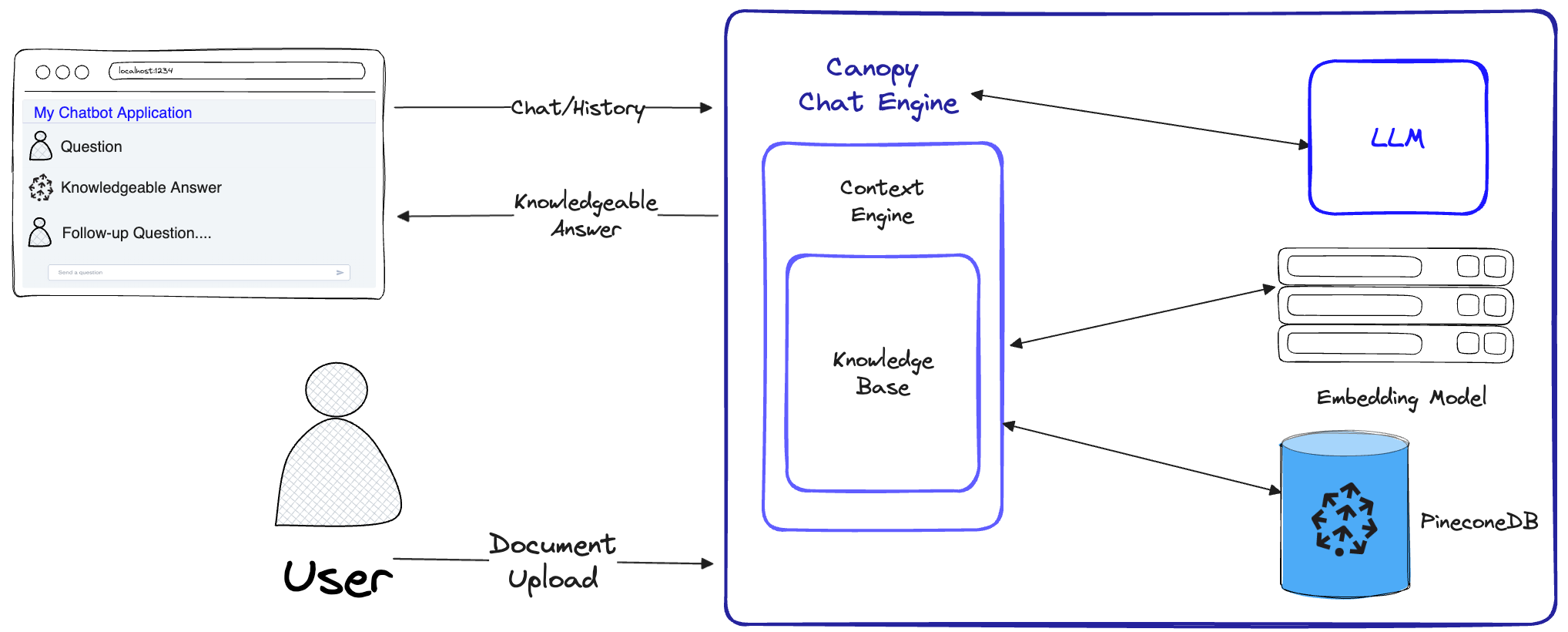
English Is Still King in Tech
Another issue with Alp's approach? His lone developer didn’t speak English well enough. Sure, there are translation tools, but tech documentation, forums, tutorials, and communities predominantly use English. If your team can’t communicate effectively within this global ecosystem, you’re already at a disadvantage before you even start coding.
And let’s be real—if someone struggles to understand basic Google searches, how are they supposed to craft thoughtful, nuanced prompts for AI systems? Prompt engineering is more than typing random questions into a chatbot. It demands clarity, precision, and a deep understanding of the problem you’re trying to solve.

AI Doesn’t Understand the Big Picture
One of the biggest pitfalls of relying too heavily on AI is that it lacks context. Generative AI works by analyzing patterns in the data it’s been trained on. While it’s great for generating ideas or automating repetitive tasks, it doesn’t have the ability to see the bigger picture.
For instance, imagine building a complex application where multiple components must work together seamlessly. An AI might suggest individual pieces that seem fine on their own but fail miserably when integrated. Experienced developers, however, know how to anticipate potential issues, design scalable architectures, and ensure everything fits together like a puzzle.
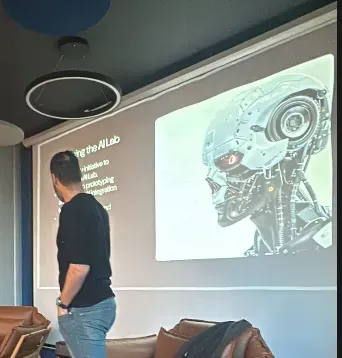
Human Touch Matters and Decision
There’s another side to this equation: creativity and innovation. These aren’t qualities AI excels at—not yet, anyway. Human developers bring fresh perspectives, innovative solutions, and emotional intelligence to the table. They care about the end-user experience, think critically about edge cases, and go above and beyond to deliver quality results.
AI, on the other hand, follows rules and patterns. It won’t push boundaries unless prompted explicitly—and even then, it may fall short. At the end of the day, software development is as much art as science. You can’t replace human intuition and passion with algorithms.
Cost vs. Savings: The Hidden Trap
Now, let’s talk money. Alp thought he’d save a fortune by cutting down on developer salaries and leaning on AI. Instead, he ended up spending way more time and resources undoing mistakes, rehiring fired developers, and apologizing to unhappy clients.
Here’s the truth: AI isn’t free. Subscriptions add up quickly, especially if you’re using premium services. Plus, the cost of redoing poorly executed projects far outweighs the initial savings. In short, if you’re not careful, AI could end up costing you more than hiring skilled professionals in the first place.

Final Thoughts
Don’t get me wrong—I’m a huge fan of AI. When used correctly, it’s an incredible tool that can boost productivity, streamline workflows, and open doors to new possibilities. But it’s not a silver bullet. It’s not going to magically replace experienced developers anytime soon.
If you want to succeed in today’s tech landscape, you need a balanced approach. Combine the power of AI with the expertise of seasoned developers, and you’ll create something truly remarkable. Just ask Alp—he learned the hard way.
P.S. By the way, Alp finally hired back the developers he fired. Go figure.


